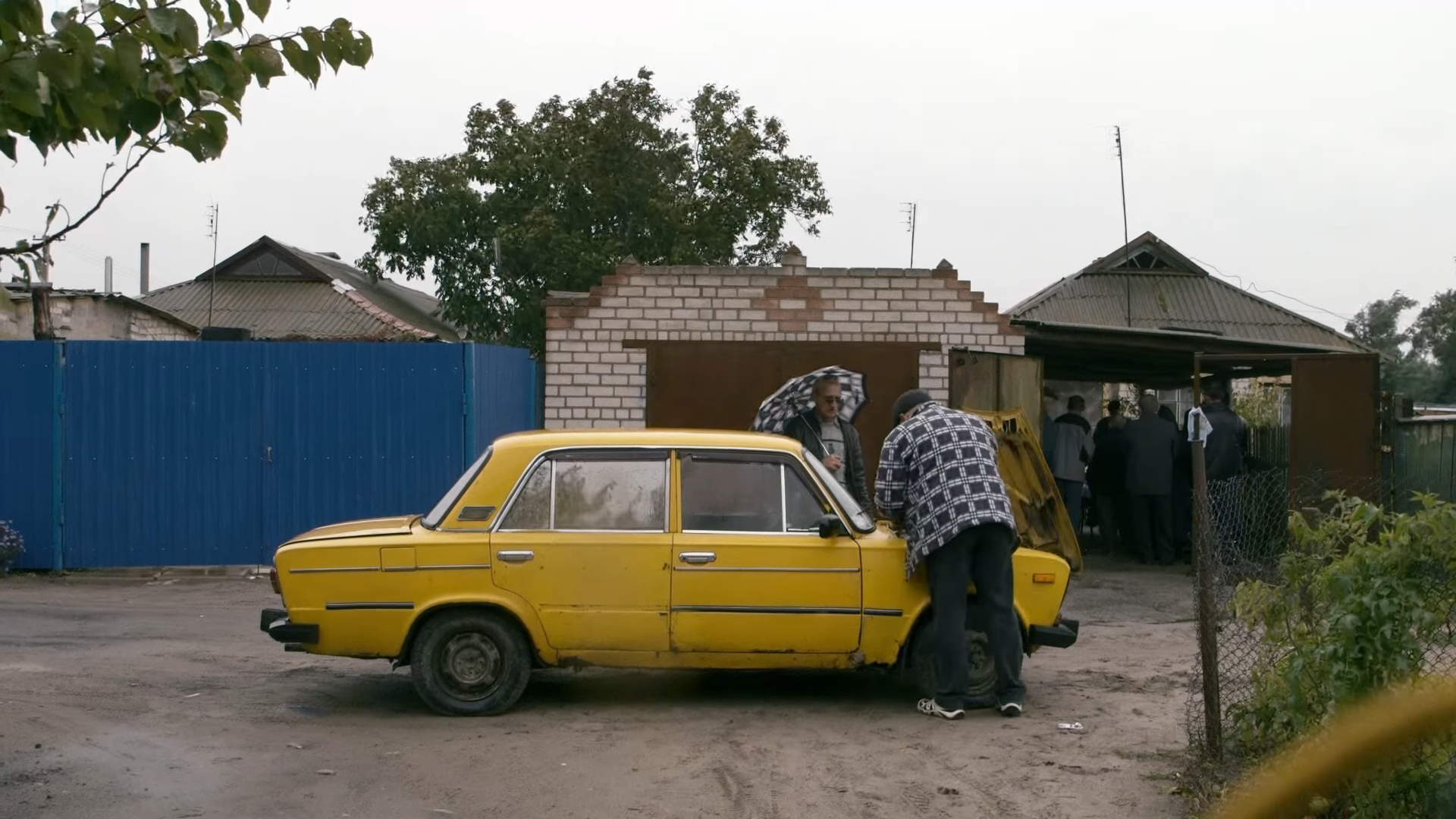Starting today, 21 March, and running until the end of the month, the Verzió International Human Rights Documentary Film Festival is streaming six Ukrainian documentaries made over the last decade. Each should help the viewer understand contemporary Ukraine, the social movements of recent years and the nature of the relationship with Russia. Proceeds from the ten-day event support the work of documentary filmmakers who remain in Ukraine.
The Verzió International Human Rights Documentary Film Festival is launching an online fundraiser for its counterpart over the border, Docudays UA. Ukraine’s largest documentary film festival would have held its 19th edition this month.
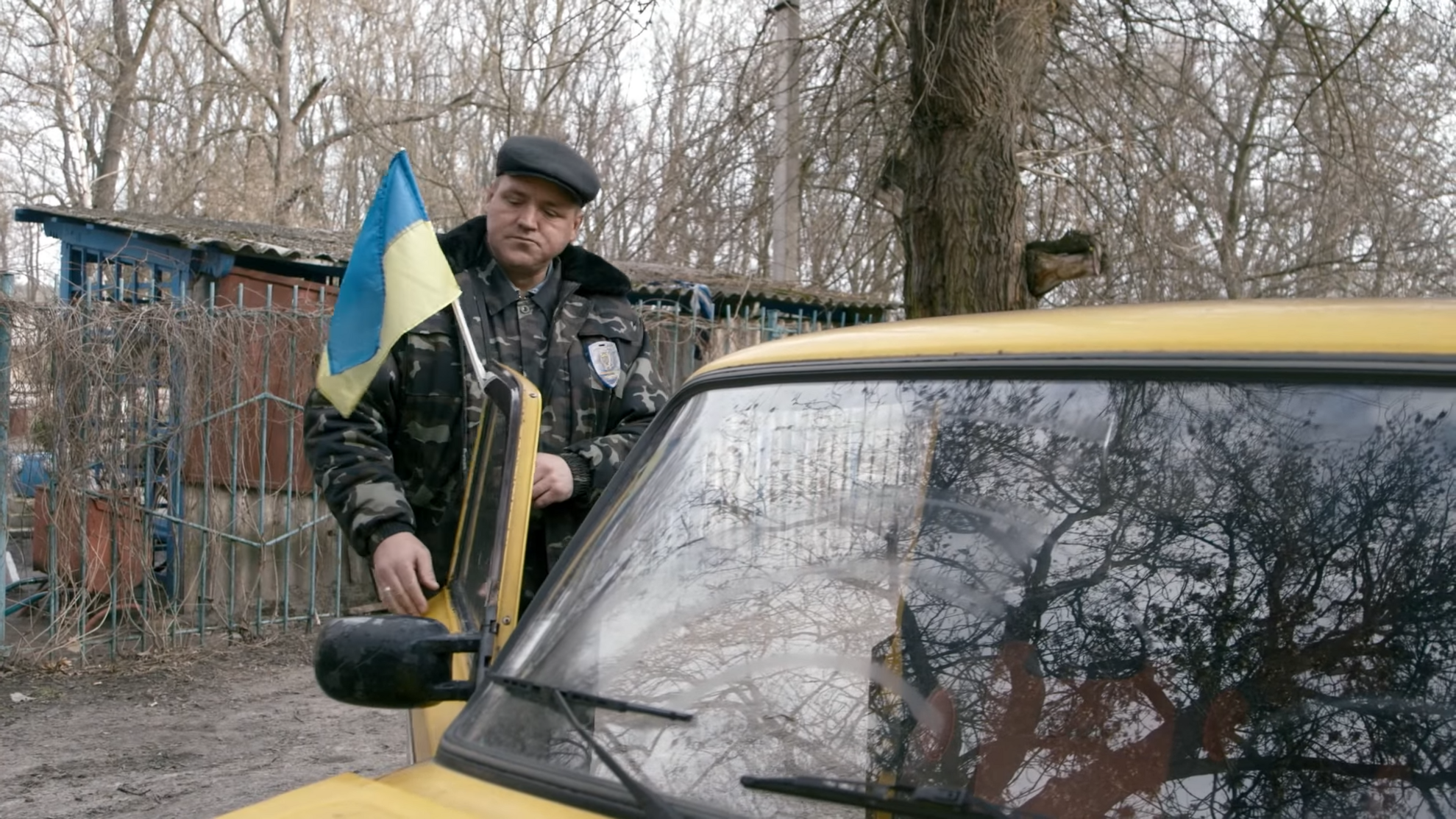
The six documentaries now available online to audiences here were all screened at recent Docudays UA festivals.
All have English subtitles, some of them Hungarian, too. Each costs 1,000 forints to watch or you can make a donation to download all six for amounts ranging from 5,000-50,000 forints.
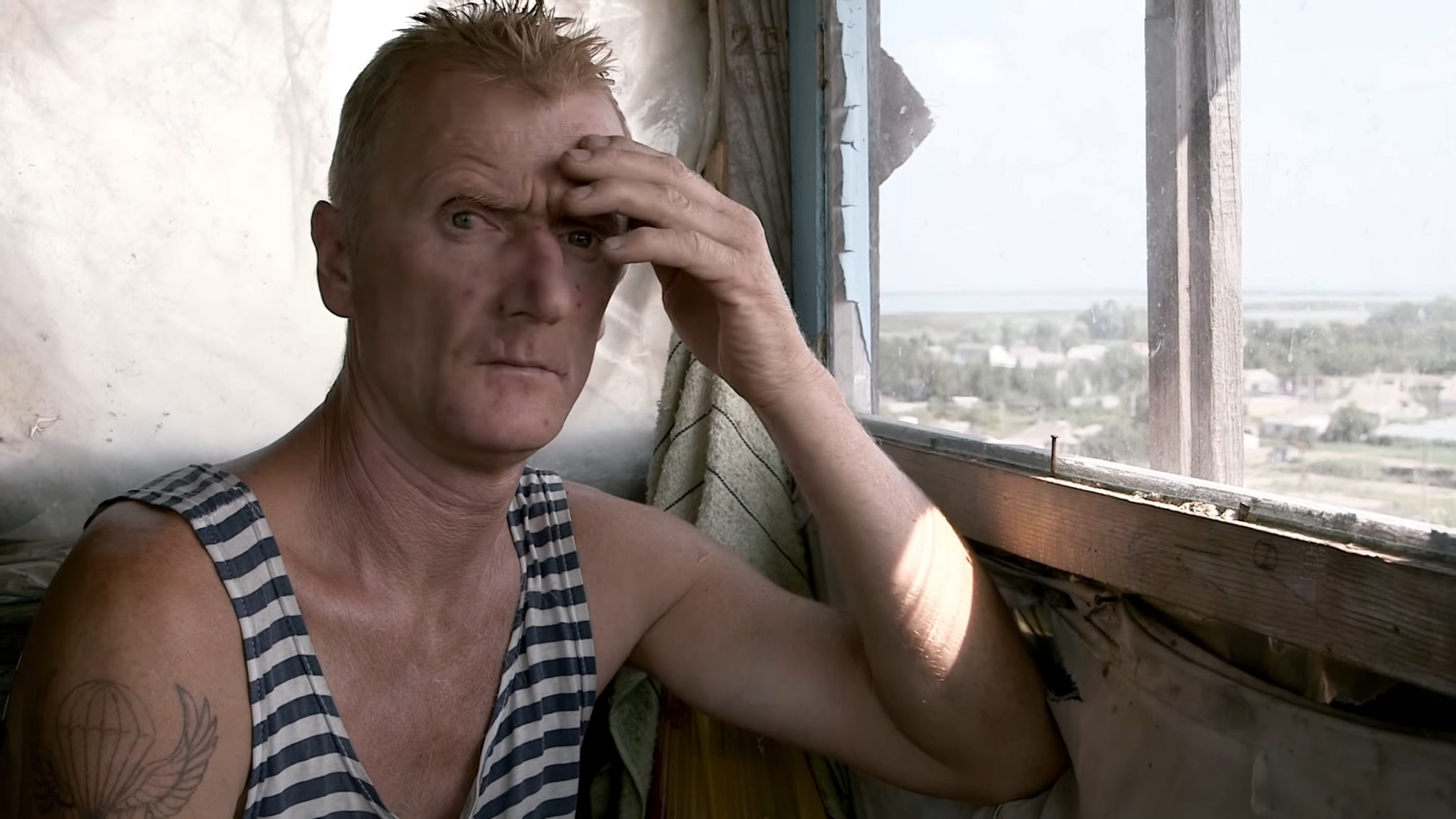
Pit No 8 (2011) is the story of dangerous illegal mining at abandoned pits by impoverished locals.
Ukrainian Sheriffs (2015) focuses on a crazy lawless village.
Euromaidan Rough Cut (2014) is a documentary made immediately after the Ukrainian revolution that winter in Kyiv.
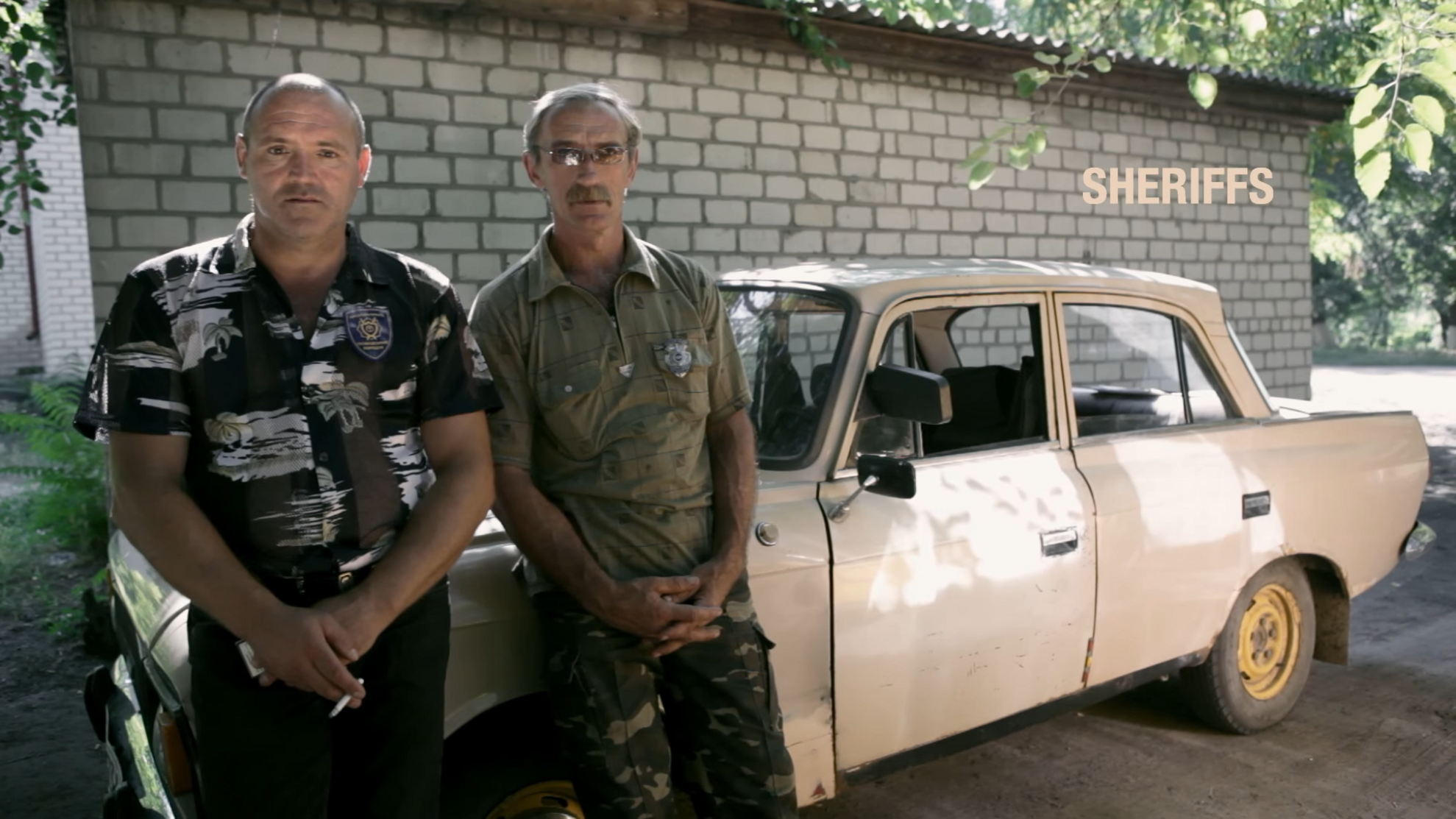
This Rain Will Never Stop (2020) follows a Syrian family broken apart by war.
No Obvious Signs (2017) was also made by Alina Gorlova and highlights the problems of Ukrainian soldiers returning from conflict with no physical injuries, but untold psychological damage.
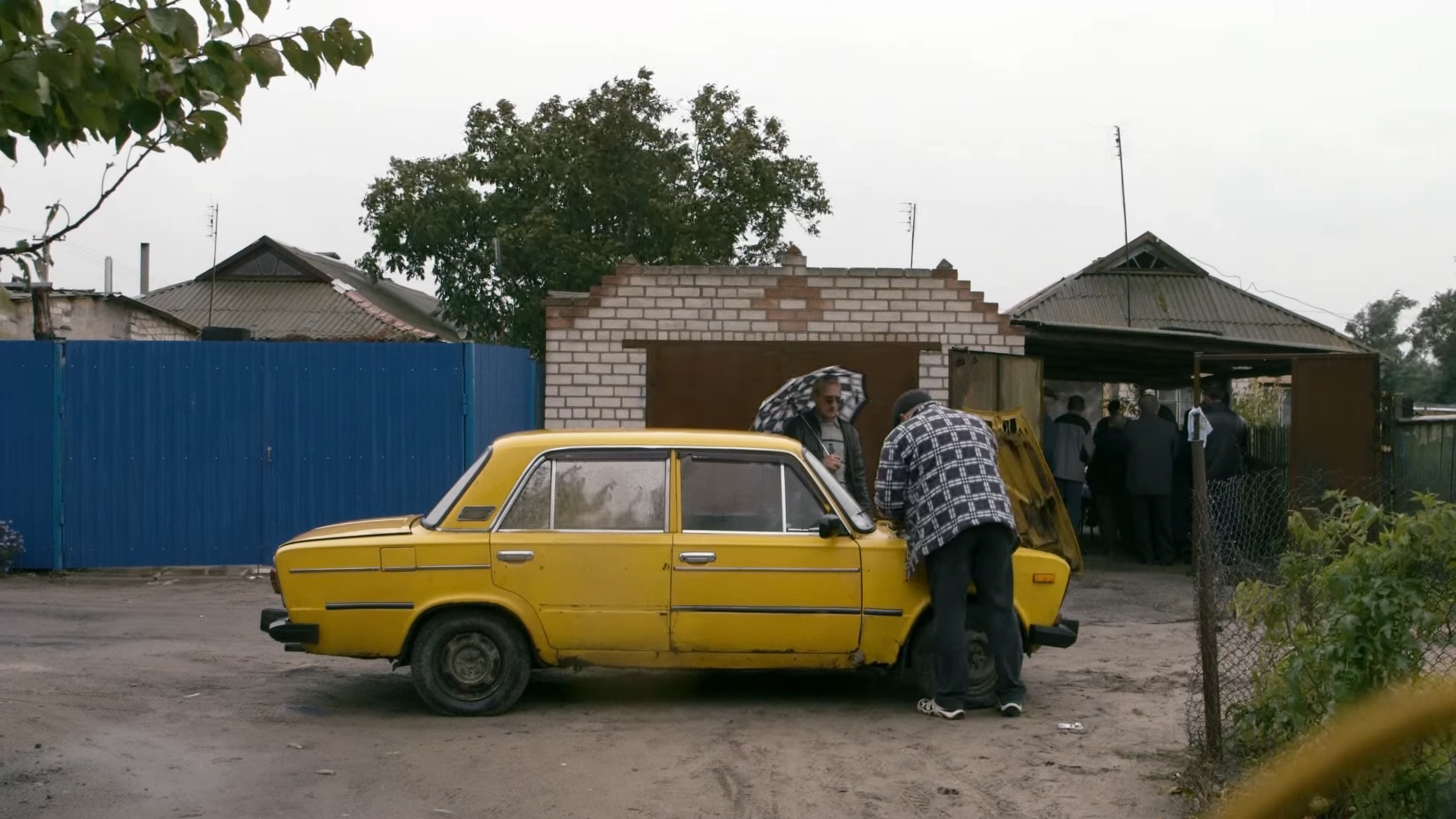
The Earth is Blue as an Orange (2020), an award winner at Sundance 2020, is a film within a film, in which a mother and her four children document their daily lives in the war zone of the Donetsk Basin to distract themselves from the reality around them.
Its director, Iryna Tsilyk, also created a short video address for audiences here in Hungary:
The power of art
“The last few
weeks have changed everything. Ukraine is on fire. Russia has started a real genocide
against Ukraine, but we will resist and defend our country. I believe in
victory. In the meantime, I’ve been asking myself, in times of war, when is the
right time to shoot a film, write a screenplay or discuss what is the power of
art? I’ve been looking for the answer in recent years because I think art has a
lot of power. In the end, it does have a significant amount of power because
every person reacts to it differently. While some defend their homeland with a
gun in their hands, others tell stories, which is just as important. Because to
say nothing can be a kind of sin.”
Verzió International Human Rights Documentary Film Festival
21-31 March
